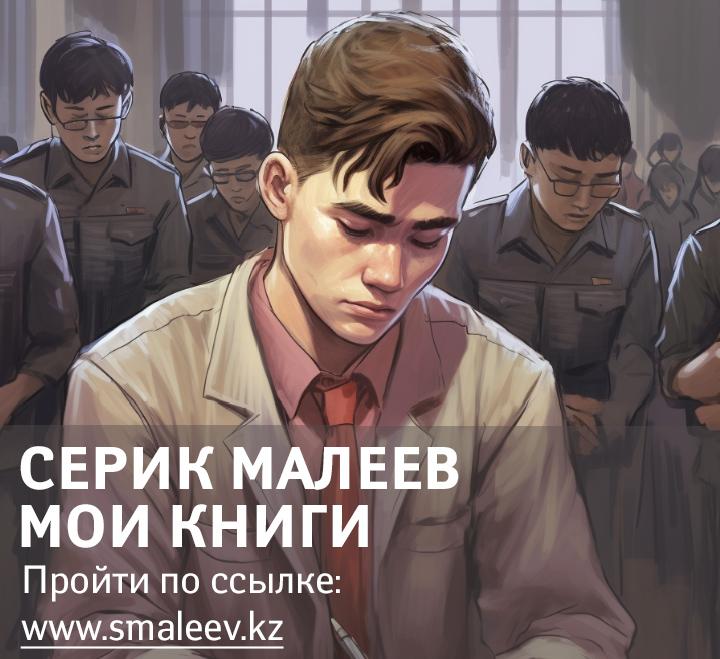 It may be the ultimate millennial dinner table scene. Two long-cohabiting lesbian grandmothers are lamenting the fact that their unabashedly out teenage granddaughter has forgone lesbianism in favor of embarking on a testosterone-enhanced transition. The granddaughter — scrappy, mopey, with floppy hair and a skateboard underfoot — is shaking her tousled head and shooting the entire family that snarled-lip look of “you just don’t understand” that is universal to exasperated teenagers. In response, her frazzled single mom puts down her fork in frustration and rolls her eyes, at once fed up with her own parents’ strident feminism and exhausted by her kid’s stiff adolescent angst.
It may be the ultimate millennial dinner table scene. Two long-cohabiting lesbian grandmothers are lamenting the fact that their unabashedly out teenage granddaughter has forgone lesbianism in favor of embarking on a testosterone-enhanced transition. The granddaughter — scrappy, mopey, with floppy hair and a skateboard underfoot — is shaking her tousled head and shooting the entire family that snarled-lip look of “you just don’t understand” that is universal to exasperated teenagers. In response, her frazzled single mom puts down her fork in frustration and rolls her eyes, at once fed up with her own parents’ strident feminism and exhausted by her kid’s stiff adolescent angst.
This is the world in 2015, and nobody ever said it would be easy.
In About Ray, the new film by British director Gaby Dellal, this complex, delicate situation is met with the same bemusement, matter-of-factness, humor, and progressiveness that floats over most coming-of-age indies of the last two decades. We have scenes of heightened emotion and wry wit, and a powerhouse roster of actresses: Susan Sarandon as the droll, politically engaged grandma; Naomi Watts as the weary bohemian mom; and, at the tender center of it all, Elle Fanning as Ray, the sulking, soon-to-be transgender teen, in a performance that finds the young actress embracing her most multidimensional role to date.
We’ve watched Fanning grow up on screen, from her stints in I Am Sam and The Curious Case of Benjamin Button to her turn as a pouty, painfully hip preteen in Sofia Coppola’s Somewhere. She has already acted alongside some of the greats (Sean Penn, Joaquin Phoenix) and worked with a host of acclaimed directors (Francis Ford Coppola, David Fincher).
But taking on Ray presented a new level of pressure.
“It did make me very nervous when I was asked to do this film,” Fanning says, speaking from her home in Los Angeles. “It was a big responsibility. I was really moved by Ray’s story.” Still, the 17-year-old actor thought it was a crucial tale to tell, if anything because it resonated with her personally. “I have a lot of transgender friends,” she says, “so it was interesting for me to read this script and try to really understand the struggle of my friends and how they think and handle these issues. They are really incredible people.”
That Fanning found Ray’s journey so relatable speaks to both her own experience and the times. Attending high school in L.A. and traveling the world for work have given her a more objective and expansive view than most people twice her age. “In my school, I would say we’re very accepting,” she says, “but you hear about all these hate crimes, and you realize it is still really bad.”
Fanning pauses.
“It just sucks that it’s still a problem. The thing is that so many people are afraid to ask the questions. If you have a question, go find the answer. And try to be a compassionate, caring person. Why should anyone care if someone is just trying to be themselves?”
To prepare for the role, Fanning watched YouTube testimonials of teenagers documenting their transitions and spoke with transgender teens across the country.
“Some kids were telling me such personal things,” she says. “It was really moving. I was a stranger, and they were opening up to me, and way more confident than I would be. On YouTube, I watched how they lit up — they were so happy about becoming who they are, so happy that they don’t have to hide anymore.”
When About Ray opens, Ray has already come out to her family as a lesbian, but her decision to transition from female to male brings out the worst in them all, as each member copes with how the change will affect them.
“I had to put myself in that mind-set of living as someone I don’t want to live as and how misplaced I would feel,” Fanning explains. “Ray hasn’t taken testosterone yet, so I felt I could bring something authentic to him. Then there was exploring what type of boy Ray wants to be. He likes girls. He has crushes. He wants to be called ‘sir.’ He wants to go to the boys’ bathroom without any strange looks. He wants really simple things, really badly. So I tried to think about that.”
But the film also underlines broader themes: family; economics; alienation; the common confusion of being 15, angry, and misread. Fanning says that its breadth — and depth — provided an opportunity for self-exploration that every one of her roles has offered.
“You are trying to create these layered characters, so you have to find some separation and some objectivity. I felt older, a little wiser, and that I had learned something about myself. After a film, I always feel like I’ve grown. Especially with this one.”
http://www.out.com/movies/2015/8/18/elle-fanning-all-grown-about-ray


